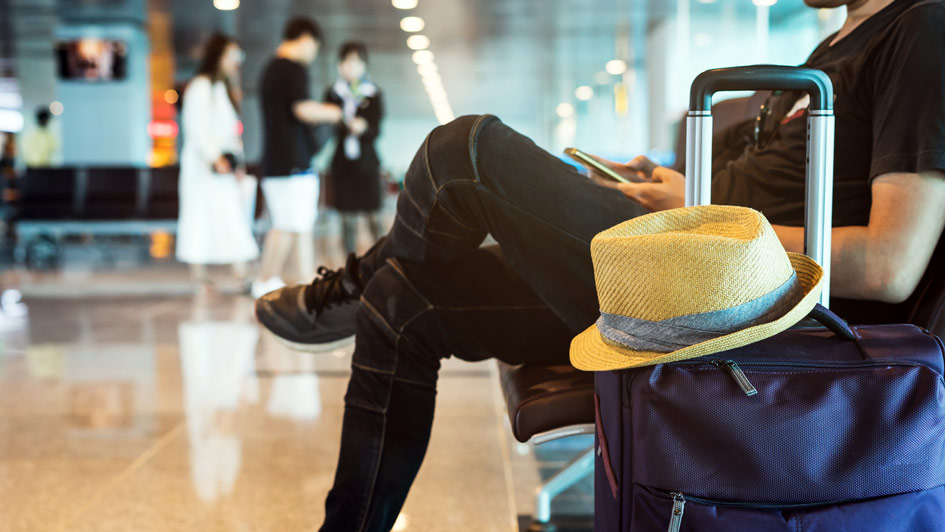
From a relaxing vacation or a lengthy trip for work, traveling means making plans for your HVAC system. You won’t be using it while you’re away, so you can make adjustments as needed to conserve your energy use. Just the same, you shouldn't just turn it off for the entire time you're gone.
For the most part, it’s ideal to leave your HVAC system on and adjust the temperature depending on whether it's winter or summer. That way you can reduce energy costs without having to worry about coming back to an uncomfortable home. We’ll walk you through why you should avoid turning your HVAC system off as well as the ideal thermostat settings for different times of year.
Here’s Why You Shouldn’t Leave Your Thermostat Alone
While you may be tempted to leave your HVAC system off before a trip, this could end up leading to annoying problems by the time you get back. This is especially true when the weather will be severely hot or cold while you’re out of town.
As an example, shutting the HVAC system off in the summer will sometimes lead to very high humidity. Not only will your home feel muggy and uncomfortable when you come back, but it could have also encouraged mold/mildew growth or pest infestations.
And over the winter, leaving the furnace off might lead to pipes icing over or even bursting. It’s an awful feeling to come home from a vacation only to discover substantial water damage nearby a broken pipe.
Best Thermostat Settings While at Work
You can adjust the temperature even if you’re coming and going to work. Since you’re out of the house for around 8 hours or so, it doesn’t help your monthly energy bill to keep an empty home heated or cooled as if you were there. Generally, it’s recommended to turn up the thermostat by 5 degrees or so. Meaning that if you prefer a comfortable 72 degrees, think about adjusting it to 76-77 while you’re out.
But you may save even more if you're open to further adjusting the temperature. According to the Department of Energy, you might save about 10% on your HVAC spending by increasing the adjustment to 7-10 degrees.
Energy-Efficient Thermostat Settings While Away from Home in Summer
If you leave for a lengthier trip in the middle of summer, you can make larger adjustments. This prevents wasting energy while still defending your home from the hassles that come with leaving it uncooled. About 5 degrees is suitable for brief trips while closer to 10 degrees is best if you’ll be gone for 2 weeks or more. If you prefer keeping the house at 72 in the summer, 78-82 can offer the best results.
Ideal Thermostat Settings While On a Trip in Winter
To try and find the best thermostat setting for a winter vacation, simply lower it by the same amount you would adjust it in summer. 68 is a popular winter thermostat setting, so lowering it to 63-58 will keep your plumbing safe while limiting how long your furnace operates.
A Smart Thermostat Can Help: Benefits of a Smart Thermostat
A great way to manage your home’s HVAC system while away is by investing in a smart thermostat. This innovative type of programmable thermostat uses intelligent software to track your preferred comfort habits. It gradually understands these preferences and makes automatic adjustments to the schedule for better energy efficiency. And with Wi-Fi compatibility, you can remotely adjust your HVAC system with a smartphone or tablet.
Smart thermostats are stuffed with features to help you save energy and lower costs. To provide an example, specific models can track electricity prices to bolster heating or cooling when prices are lowest. They can also work with high-efficiency, variable-speed equipment to optimize how long your HVAC system should run. It’s the perfect tool to simplify how you use your comfort system. If you’re thinking about investing in a smart thermostat, there are a variety of ways you can lower your costs, essentially getting a smart thermostat for free. The next time you are away from home, you can appreciate true peace of mind that your HVAC system won’t stir up any trouble while you’re gone.
